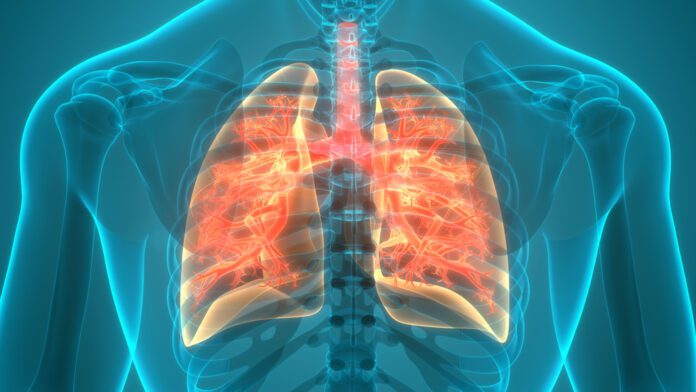Overview Of Idiopathic Pulmonary Fibrosis
Idiopathic pulmonary fibrosis (IPF) is the scarring or thickening of the lungs without a known cause.
Commonly Associated With
Idiopathic diffuse interstitial pulmonary fibrosis; IPF; Pulmonary fibrosis; Cryptogenic fibrosing alveolitis; CFA; Fibrosing alveolitis; Usual interstitial pneumonitis; UIP
Causes Of Idiopathic Pulmonary Fibrosis
Health care providers do not know what causes IPF or why some people develop it. Idiopathic means the cause is not known. The condition may be due to the lungs responding to an unknown substance or injury. Genes may play a role in developing IPF. The disease occurs most often in people between 60 and 70 years old. IPF is more common in men than women.
Symptoms
When you have IPF, your lungs become scarred and stiffened. This makes it hard for you to breathe. In most people, IPF gets worse quickly over months or a few years. In others, IPF worsens over a much longer time.
Symptoms may include any of the following:
- Chest pain (sometimes)
- Cough (usually dry)
- Not able to be as active as before
- Shortness of breath during activity (this symptom lasts for months or years, and over time may also occur when at rest)
- Feeling faint
- Gradual weight loss
Exams & Tests
The provider will do a physical exam and ask about your medical history. You will be asked whether you have been exposed to asbestos or other toxins and if you have been a smoker.
The physical exam may find that you have:
- Abnormal breath sounds called crackles
- Bluish skin (cyanosis) around the mouth or fingernails due to low oxygen (with advanced disease)
- Enlargement and curving of the fingernail bases called clubbing (with advanced disease)
Tests that help diagnose IPF include the following:
- Bronchoscopy
- High-resolution chest CT scan (HRCT)
- Chest x-ray
- Echocardiogram
- Measurements of blood oxygen level (arterial blood gases)
- Pulmonary function tests
- 6-minute walk test
- Tests for autoimmune diseases such as rheumatoid arthritis, lupus, or scleroderma
- Open lung (surgical) lung biopsy
Treatment Of Idiopathic Pulmonary Fibrosis
There is no known cure for IPF.
Treatment is aimed at relieving symptoms and slowing disease progression:
- Pirfenidone (Esbriet) and nintedanib (Ofev) are two medicines that treat IPF. They may help slow lung damage.
- People with low blood oxygen levels will need oxygen support at home.
- Lung rehabilitation will not cure the disease, but it can help people exercise with less difficulty breathing.
- Making home and lifestyle changes can help manage breathing symptoms. If you or any family members smoke, now is the time to stop.
A lung transplant may be considered for some people with advanced IPF.



